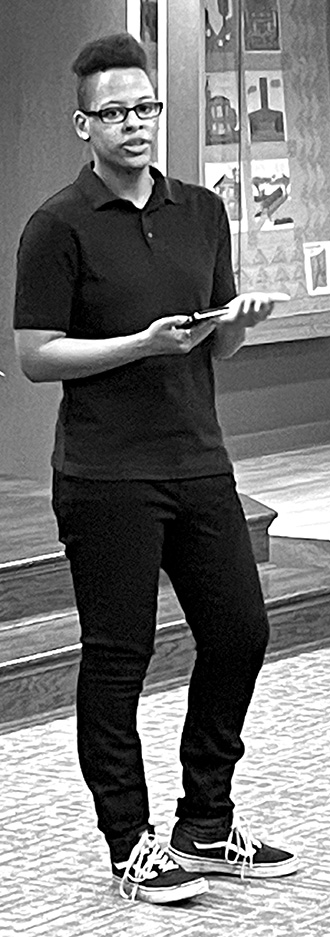
By Brenda Higgins
The Pendleton County Extension Office hosted a meeting for guardians of kids that are not their biological children. Some of these kids are not related at all to these caregivers and some are grandchildren, nieces, nephews, and maybe even brothers or sisters.
When children are removed from the home of their parents or siblings, they are taken away from all things they know. Whether it’s good things or bad things, it’s what they know. Their world is turned upside down. They are unsure of anything, where will they stay, will they be safe, and will they see their parents, family, or siblings again, because all too often the siblings can be split up.
Luckily there are many good people willing to provide for these kids. Grandparents, older siblings, aunts, uncles, and more. When a child is taken out of his or her home and placed with someone else, they ask themselves three questions, “Am I safe with you?”, “Can I trust you?”, and “Do you care about me?”.
The meeting at the extension office was also an educational service for the caregivers. Attorney Joey Verax presented the differences of the types of custody the caregiver may have and what each is able to do and provide for the child. The caregiver may get Power of Attorney rights. This right is for the caregiver to make school and medical decisions for the child. It is an agreement oftentimes between the biological parents and the caregiver. There is a standard form that is revocable by the biological parents of the child in question. This method gives caregivers the least amount of authority over the child taken into his or her home.
Next is guardianship, which gives the caregiver more power and authority. Guardianship allows the caregiver to do anything and everything a parent would do, however, a biological parent is able to revoke this privilege, but only through the courts. With this, the court would receive a listing of any monies spent on the child, along with all receipts.
The best case scenario would be for a caregiver to get custody of the child. Custody could be temporary or permanent, as set by the court. Custody can be short lived or long lived, and if it is temporary custody it can be modified by the Cabinet for Health and Family Services (CHFS). De-facto custody is if you are qualified, you are as a “parental parent.” You can never lose your rights, and biological parents can’t just return and take the child back. This can only be done in court and is a very difficult process for the biological parent. If a parent is found in court to be unfit due to the use and abuse of drugs, abandonment, sexual abuse, or domestic situations, these are reasons biological parents lose custody of their child/children permanently. Sometimes parents will sign a wavier which will give up custody of their child or children.
The last step is for the caregiver to obtain an adoption of the child. This makes the child the caregivers’ as if he or she was born to them and that child has every right a biological child would have.
The best thing a caregiver can do for a child they have taken into their home besides love them and care for them is to provide the child with the necessary tools needed to be successful. The kids in these situations have been through traumatic events. Just being removed from their home is bad enough, but with all of the changes taking place they may feel lost, confused, and not sure where they belong. There are many counseling services and providers who are educated and prepared to handle these situations.
Children removed from their parents, even if abuse is involved, go through so many emotions, heartaches, and trials. Children are not born to hate, it’s a learned behavior that takes time to reach maturity. The kids we are referring to in these instances don’t always hate (and may never even dislike) the parents they were removed from. They suffer loss, feel trauma, and they don’t always understand. Kids, without even realizing it, will fight, flight, or freeze. The best way to handle these behaviors is regulate, relate, and with reasoning. This is exactly why it is crucial that a professional, trained in working with these particular children, be brought in to help the child and yourself learn how to meld together and be a successful family.
Counselors can give you tools on how to calm an angry child, how to best calm yourself, how to respond calmly, and give you strategies to help the child learn to “change the channel” from anger to calmness. Be direct with a child; one example of this is to use the “you may not but you may” technique. Say to the child, you may not yell at me, but you may use these words, then give them examples of some words they should use when speaking with you. Another example would be the “when/then statements”, when you can use respectful words, then we can finish the game. These are great parenting strategies.
If you would like more information, contact the Pendleton County Extension Office at 859-654-3395. They will be able to put you in touch with counselors and people we all need in our parenting lives.


